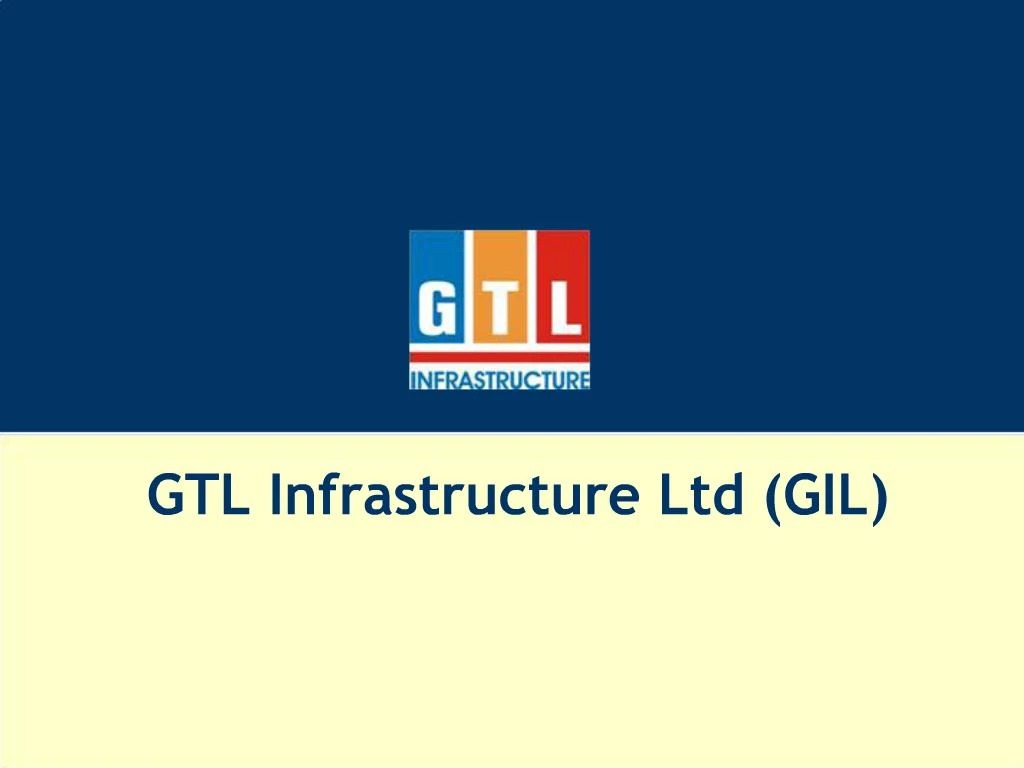 Image Source : The Economic Times
Image Source : The Economic Times
India has taken a significant step toward expanding satellite-based internet services by granting a conditional nod to Starlink, the satellite internet division of SpaceX. The Department of Telecommunications (DoT) has issued a Letter of Intent, allowing Starlink to move forward with its plans to provide high-speed, low-latency broadband across the country.
This approval comes with specific regulatory conditions, including compliance with India's security protocols and localization requirements. Starlink must ensure that its network control and monitoring functions are based within India, implement geo-fencing to prevent unintended coverage spillover into neighboring countries, and adhere to lawful interception guidelines. Additionally, the company must register all user terminals within India and support the country's indigenous satellite navigation system, NavIC.
Starlink's entry into the Indian market is expected to revolutionize internet accessibility, particularly in rural and remote areas where traditional broadband infrastructure remains inadequate. The service, which relies on a vast constellation of low Earth orbit satellites, promises faster and more reliable connectivity compared to conventional geostationary satellite networks.
Despite the regulatory progress, concerns remain regarding the affordability of Starlink's services. Industry estimates suggest that monthly subscription fees could range from Rs 3,000 to Rs 7,000, with an initial equipment cost between Rs 20,000 and Rs 35,000. This pricing structure positions Starlink as a premium service, likely to attract businesses, government institutions, and households in underserved regions.
Before launching commercially, Starlink must obtain final approvals from the Indian National Space Promotion and Authorization Centre (IN-SPACe) and secure spectrum allocation from the government. The Telecom Regulatory Authority of India (TRAI) is currently finalizing recommendations on spectrum pricing for satellite communication services.
With this latest development, Starlink joins other satellite internet providers such as Eutelsat OneWeb and Jio Satellite Communications in India's growing space-based broadband sector. The move aligns with India's broader push for digital inclusion and enhanced connectivity solutions.
Key Highlights:
-
- India grants conditional approval for Starlink to provide satellite-based internet services.
-
- The Department of Telecommunications issues a Letter of Intent with regulatory requirements.
-
- Starlink must comply with security, localization, and lawful interception guidelines.
-
- The service aims to improve internet accessibility, especially in rural and remote areas.
-
- Pricing estimates indicate a premium subscription model with potential affordability concerns.
-
- Starlink still requires final approvals from IN-SPACe and spectrum allocation from the government.
-
- The company joins competitors in India's evolving satellite broadband sector.
Sources: CNBC-TV18, PTI, Moneycontrol, News18, Financial Express, Hindustan Times.
Advertisement
Advertisement







